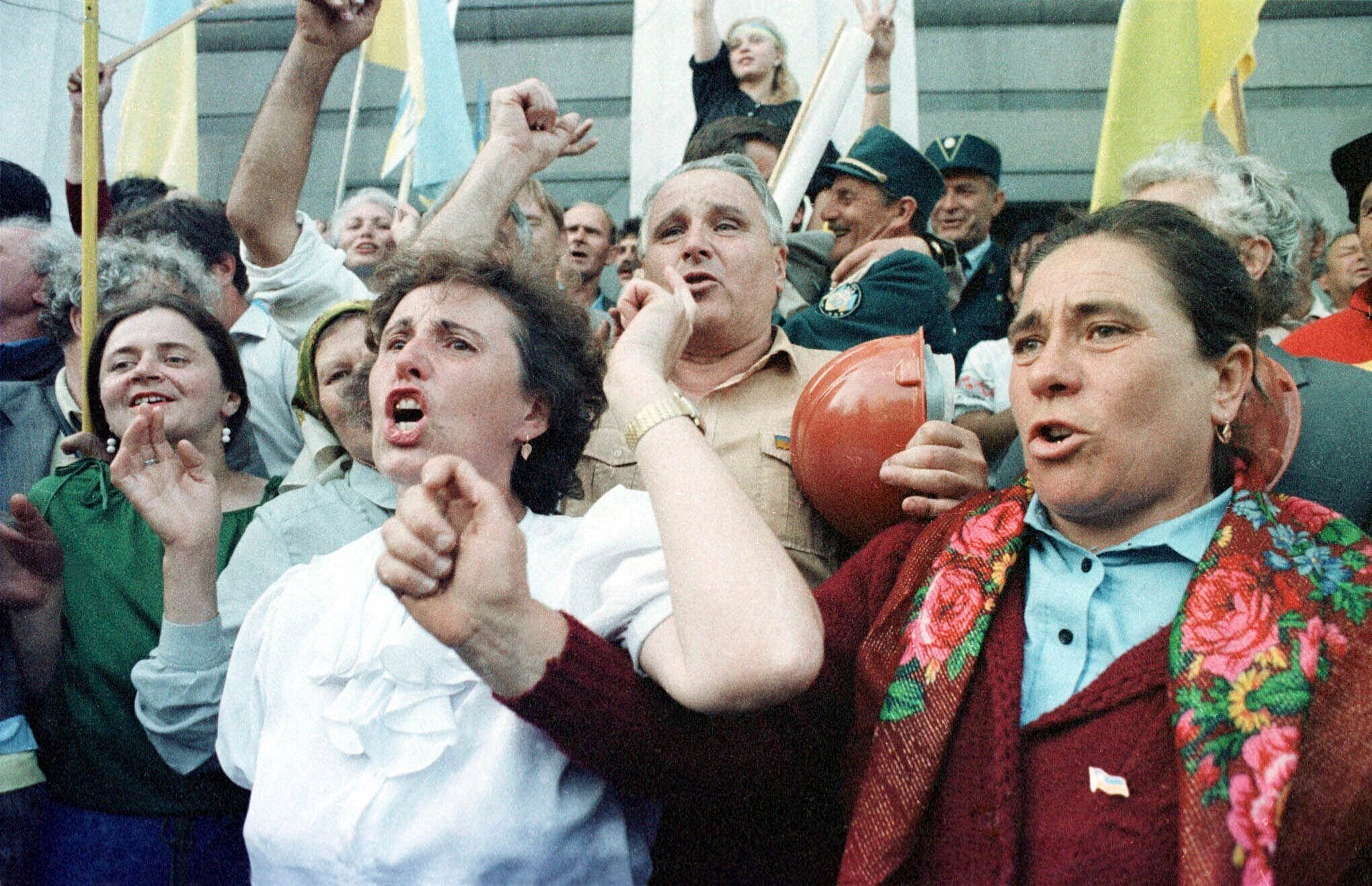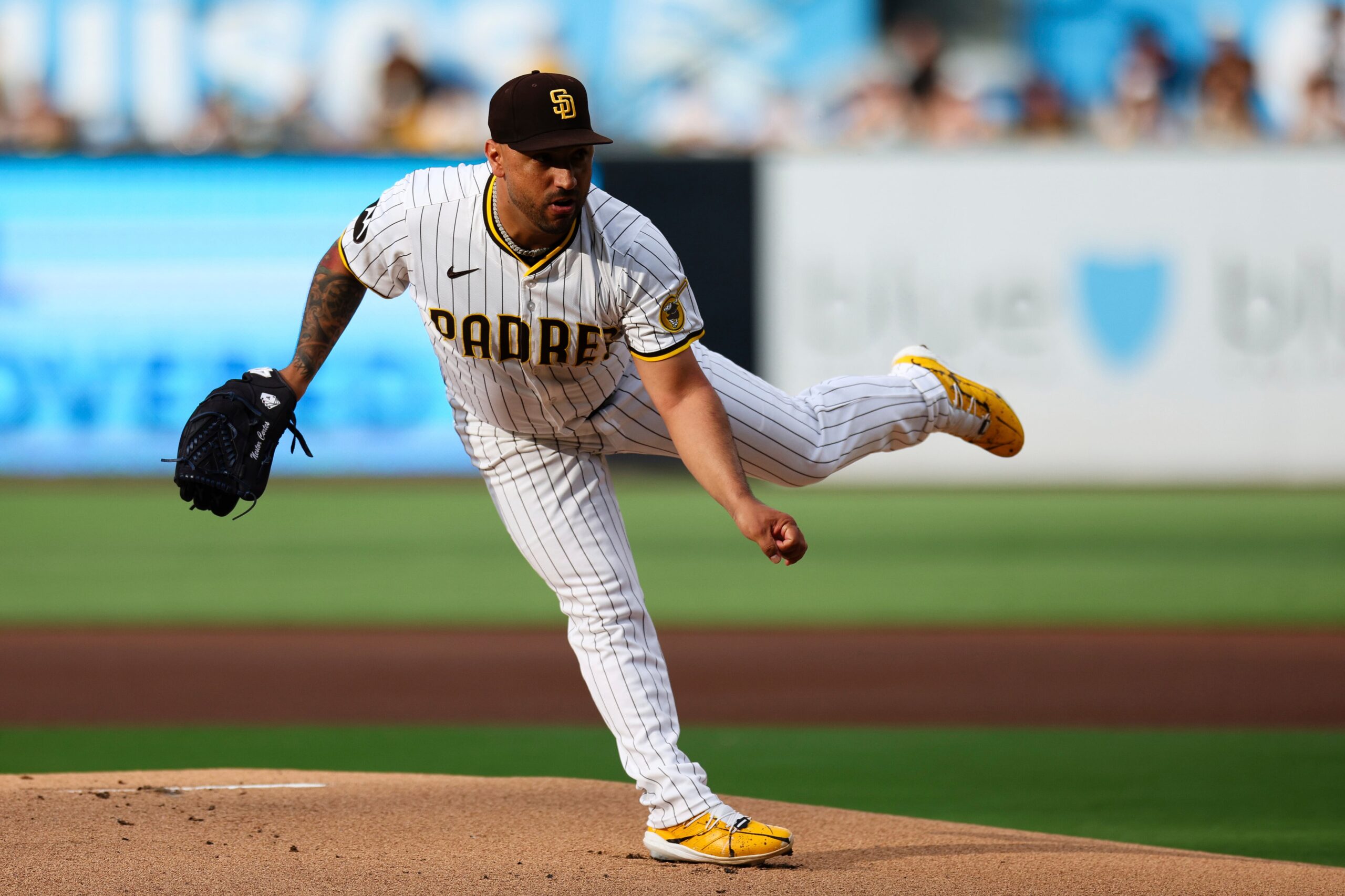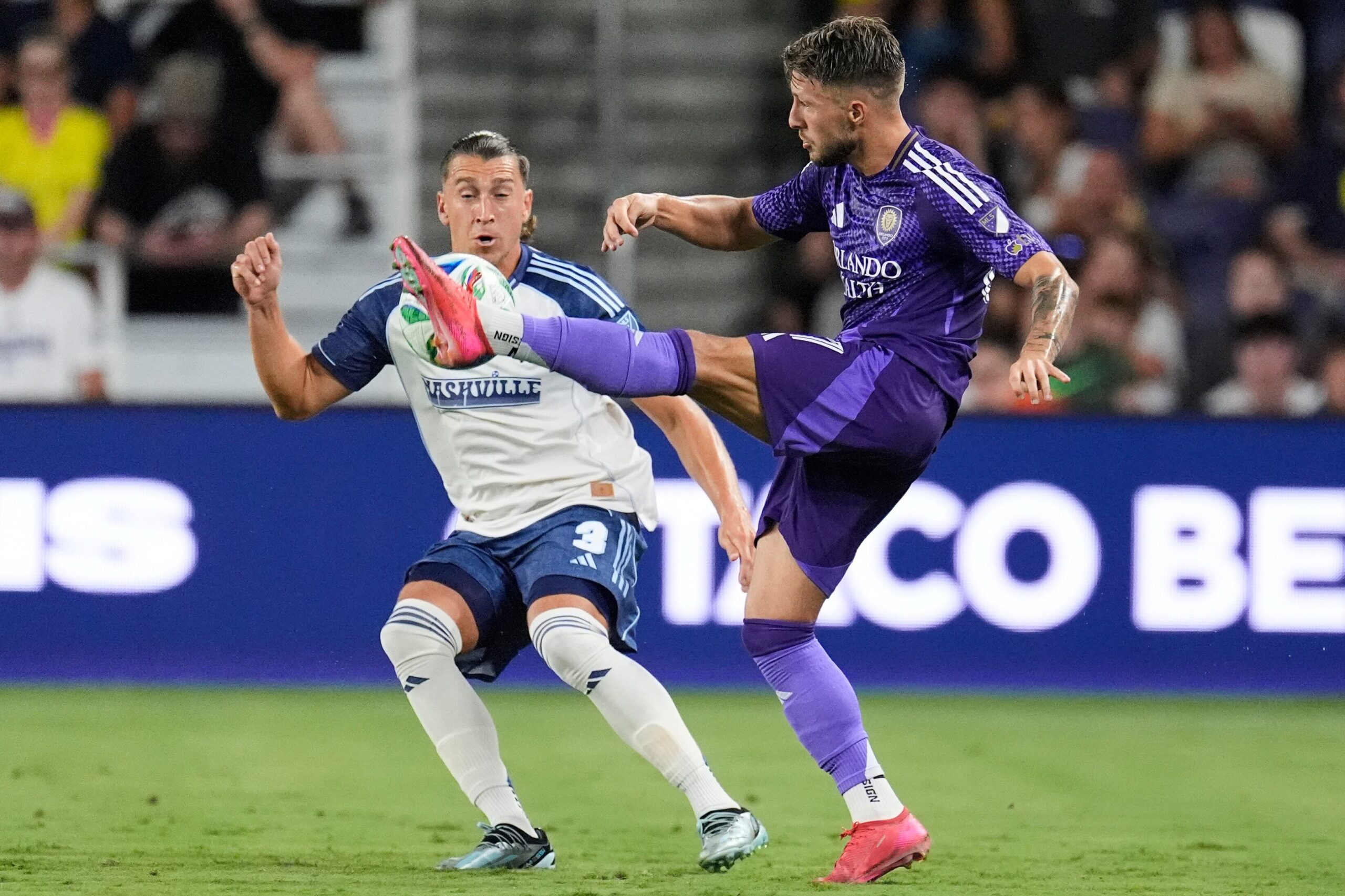Before Ukraine declared its independence in 1990, Kyiv Alexander Donii was a leader of student-led demonstrations for political reform and autonomy. He recalls estimating that it would take decades to battle for autonomy.
Rather, it arrived far sooner than he had anticipated. Following the fall of the Soviet Union, Ukraine swiftly declared its independence in 1991 and held a referendum that was supported by over 90% of voters.
Suggested Videos
According to Donii, who spoke to The Associated Press, “I was preparing myself for prisons and labor camps, and I thought the struggle would last about 20-30 years.”
Following independence, Moscow’s hold persisted.
As the nation commemorates 34 years since that historic occasion Donii and other members of Ukraine’s first generation of MPs and activists explain on Sunday how Moscow’s hold persisted even after the country broke away from the Soviet Union.Russia employed societal divide, political pressure, and the marginalization of voices that supported the West. That ultimately cleared the path for the full-scale invasion of Ukraine thirty years later, as well as Ukraine’s ongoing struggle for identity and independence against its belligerent neighbor.
In 1990, Donii and other hunger strike student activists demanded not only independence from Moscow but also a revitalization of the domestic political system.
Their first suggestion was to hold early elections for the Ukrainian Parliament, which Donii believed was necessary to remove the remaining legislators from the Soviet era. However, even within forces that supported independence, the idea did not receive widespread support.
He claimed that although Ukraine gained independence, the Communist ruling class was not overthrown.
According to him, Ukraine is paying a heavy price today as it strives for the European Union and NATO—not as far-flung goals but as pressing needs for preserving sovereignty and establishing an independent course—because possibilities that were within its grasp in the early 1990s were lost.
One member of the first Ukrainian Parliament, Oleksandr Nechyporenko, recalls how divided society was just before independence.
He noted that a sizable portion was neutral and comprised those who hesitated or lacked sufficient knowledge. Additionally, there was a sizable and influential core that was adamantly in favor of maintaining the Soviet Union, communist governance, connections with Russia, and other similar aspects. The fervent change-makers were a minority, according to Nechyporenko.
We ought to have been more stern.
He believed that Ukraine made a grave error in tolerating Russian influence agents from the beginning of its independence. He remarked that we need to have been more assertive and radical.
This feeling of unfulfilled resolve is not exclusive to politics. Ukraine is currently fighting for its life against Russia, and decisions made in the early years of independence still have a significant impact. The decision to give up the sizable nuclear arsenal that remained on Ukrainian territory following the fall of the Soviet Union was one of the most significant.
According to Yurii Kostenko, a politician and scholar who oversaw negotiations on Ukraine’s nuclear disarmament in the early 1990s, “the path we were supposed to take with the world’s third-largest nuclear arsenal, about 5,000 nuclear warheads, should have given us the opportunity to effectively use this potential for integration with the West.”
As the leader of the negotiation process, he claims that part of his nuclear disarmament vision was for the United States to provide Ukraine with financial and technological support so that it could convert nuclear warheads into fuel for nuclear power plants. Ukraine would have been guaranteed security if it had joined NATO. According to Kostenko, the American side was prepared to make it happen.
An agreement to transfer its nuclear warheads to Russia
However, Kostenko remembers that Ukraine was ultimately coerced into giving up its warheads to Russia in exchange for virtually nothing, rather than working with the United States. He claimed that in order to accomplish it, then-Russian President Boris Yeltsin insisted that Ukraine’s then-President Leonid Kravchuk remove Kostenko from his position as negotiator. That request was fulfilled.
The Ukrainian delegation, which was no longer headed by Kostenko, decided to work with Russia rather than stick to the original plan that was co-designed with the United States. Kostenko claims that Ukraine received $1.5 billion in natural gas and nuclear fuel from Russia in return for its nuclear weapons, which is equivalent to about 1% of what Ukraine forfeited.
The United States, the United Kingdom, and Russia promised Ukraine sovereignty and territorial integrity in the Budapest Memorandum, which Ukraine got in lieu of NATO membership. It has come to represent empty promises to a large number of Ukrainians. With the seizure of Crimea in 2014 and the subsequent full-scale invasion in 2022, Moscow first shattered the deal. The decisions and concessions made in the 1990s continue to have a significant impact on Ukraine’s quest for long-term security thirty years later, as it once more negotiates its future with Western allies while dealing with Russian aggression.








